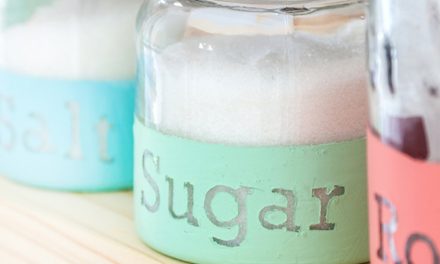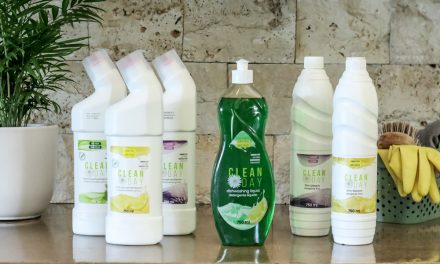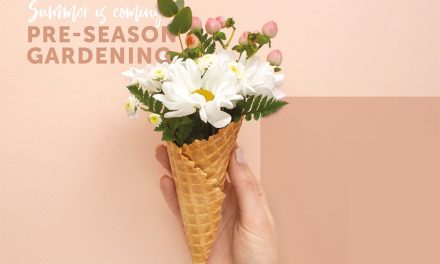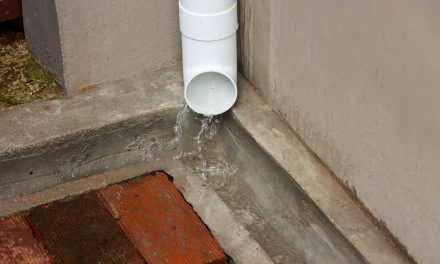Redirect your grey water to the garden by following these dos and don’ts.
Why use grey water?
Grey water is the water from your bath, shower, sink and kitchens. It includes only washing water, and not waste from toilets, which is referred to as black water. About half the water the average household uses (and some estimates suggest 60 percent) is used to water the garden. It’s not necessary, however, to use potable (drinkable) water for gardening, so effectively you could cut your water usage by half by using grey water for your garden.
How to use a grey water collection tank
Grey water can also be diverted to a collection tank. This has the advantage of allowing the hot water to cool before it gets to the plants, which aren’t fond of a hot bath. Grey water cannot be stored for longer than 24 hours or it will start to smell and become a health risk. If you want to store it, things get more complicated: you need a filter and purification system and must ensure that the tank has an overflow that pipes excess water to the sewage system.
Consider commercial grey water systems
You can also divert water from bathrooms to a more sophisticated grey water recycling system made up of a collection tank with a filter and a pump. These usually pump the water immediately from the collection tank to the garden automatically. You can attach them to an ordinary garden hose or irrigation hose, and to garden sprinklers. (You cannot connect the system directly to a dedicated garden irrigation system because grey water contains residues from soap and so on that will clog sprinkler heads.) Larger, more complex grey water systems that collect grey water from all household outlets and pipe them to a central collection tank can be installed too, but usually require a professional’s help.
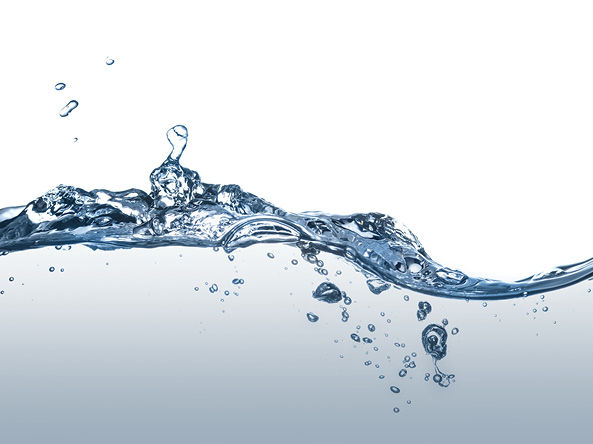
Things to avoid
- Don’t use water from washing machines and dishwashers – the detergents,
soaps, bleaches and other chemicals they use contain harsh chemicals that are not good for plants. - Kitchen water is best avoided for watering the garden because of its high fat content.
- Don’t allow grey water to pool or collect where children and pets may
drink it. - Don’t use grey water in misters – it can cause the spread of disease.
- Don’t use grey water if you or anyone else in your household is ill with an
infectious disease.
The simplest way to use grey water
If you don’t fancy showering over a bucket and lugging it around the garden, try a
simple plumbing manoeuvre: attach a PVC T-piece to the outlet from your bathroom, and in turn to a piece of pool pipe which you can use as the hose and make as long as you like. It’s best to filter grey water as it contains lint, hair
and other matter – just attach an old piece of pantihose to the end of the hose. Click here for step by step instructions.
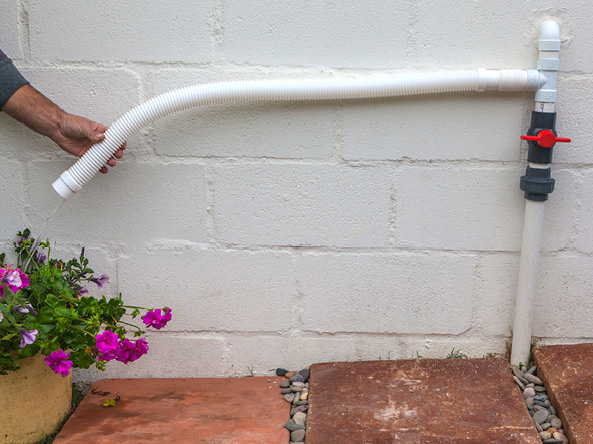
Care for your plants with grey water
- Use environmentally friendly soaps and cleaning products, which will make the water friendlier to the plants in your garden.
- Use clean municipal water or rainwater at least once a month to flush away residue from grey water and rinse the leaves of your plants.
- Water olives, rosemary, bougainvillea, lavender, Cape honeysuckle, Italian cypress, bearded iris and petunias with grey water, they love it.
- Allow the grey water to cool, so you don’t scald your plants.


